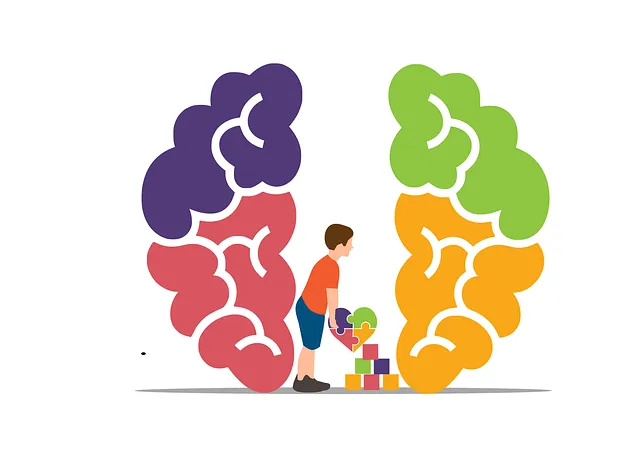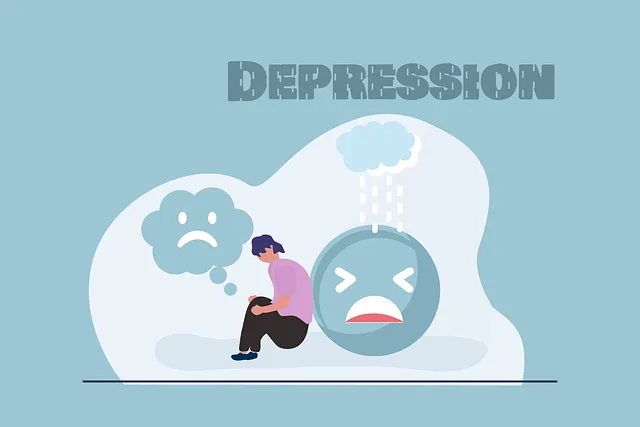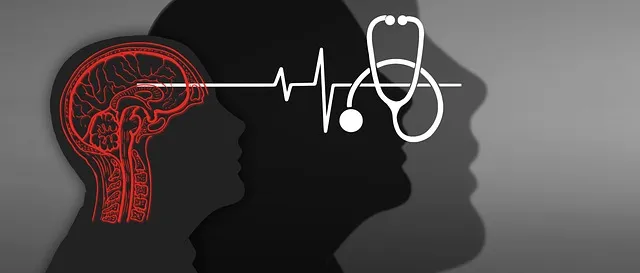The Northglenn Kaiser Permanente mental health access center is actively addressing healthcare provider burnout through comprehensive programs like Risk Assessment, Stress Management Workshops, and tailored support services. They offer individual counseling, peer support, group therapy, and evidence-based programs focused on stress reduction, depression prevention, and self-esteem improvement. By prioritizing staff resilience, open communication, and emotional intelligence, the center fosters a healthy work-life balance, reduces burnout risk, and enhances patient care.
“Healthcare provider burnout is a growing concern, particularly within bustling organizations like Northglenn Kaiser Permanente. This article explores comprehensive strategies to prevent burnout among healthcare providers. We delve into the unique challenges faced by Northglenn KP staff and offer insights on enhancing mental health and well-being. Accessing support services, including the Northglenn Kaiser Permanente Mental Health Access Center, is highlighted as a vital component of prevention. Additionally, we discuss fostering a culture of resilience and work-life balance to create a sustainable healthcare environment.”
- Understanding Burnout Among Healthcare Providers at Northglenn Kaiser Permanente
- Strategies for Enhancing Mental Health and Well-being
- Accessing Support Services: A Vital Component of Prevention
- Fostering a Culture of Resilience and Work-Life Balance
Understanding Burnout Among Healthcare Providers at Northglenn Kaiser Permanente

Burnout among healthcare providers is a significant concern at Northglenn Kaiser Permanente, particularly given the demanding nature of their work in the mental health access center. Understanding burnout involves recognizing the physical, emotional, and mental exhaustion that can result from prolonged exposure to high-stress situations. The Northglenn Kaiser Permanente team has been proactive in addressing this issue by implementing various strategies aimed at supporting providers’ well-being.
One key initiative is the Risk Assessment for Mental Health Professionals program, which focuses on early identification of burnout risk factors and provides personalized coping skills development. Additionally, Stress Management Workshops Organization sessions are regularly conducted to offer evidence-based techniques for stress reduction and resilience building. These initiatives reflect a holistic approach to preventing healthcare provider burnout, ensuring that staff at Northglenn Kaiser Permanente can maintain their commitment to delivering exceptional patient care.
Strategies for Enhancing Mental Health and Well-being

At Northglenn Kaiser Permanente Mental Health Access Center, we recognize that burnout prevention starts with prioritizing mental health and well-being. Our center is dedicated to providing comprehensive resources and support tailored to meet the unique needs of healthcare providers. We offer a range of strategies designed to enhance resilience, reduce stress, and promote a healthier work-life balance. These include individual counseling sessions, peer support groups, and evidence-based programs focused on depression prevention, anxiety management, and self-esteem improvement.
Through mental health education programs meticulously designed for healthcare professionals, we foster an environment where open conversations about emotional well-being are encouraged. Our approach leverages the latest research in positive psychology to equip providers with practical tools for stress resilience. By addressing underlying mental health concerns promptly, we aim to prevent burnout and ensure our members can continue delivering exceptional patient care with renewed passion and vigor.
Accessing Support Services: A Vital Component of Prevention

Accessing Support Services plays a pivotal role in healthcare provider burnout prevention. At Northglenn Kaiser Permanente, for instance, the mental health access center offers resources tailored to address the unique challenges faced by medical professionals. These services encompass individual therapy, group support sessions, and specialized programs focused on stress management, coping skills development, and resilience building – all crucial elements in combating burnout.
Furthermore, cultural sensitivity in mental healthcare practice is integral to this equation. By recognizing and addressing the diverse psychological and social needs of a varied patient population, healthcare providers can enhance job satisfaction and reduce burnout risk. Incorporating these strategies into daily practice allows medical professionals to maintain their well-being, improve patient care, and foster a healthier work environment.
Fostering a Culture of Resilience and Work-Life Balance

At the Northglenn Kaiser Permanente mental health access center, they understand that fostering a culture of resilience and work-life balance is crucial to preventing healthcare provider burnout. This involves promoting positive thinking and emotional intelligence among staff, ensuring they have access to crisis intervention guidance when needed. By creating an environment that prioritizes open communication, self-care, and a healthy work-life integration, the center aims to build mental fortitude among its providers.
This strategy goes beyond mere stress management; it involves empowering healthcare professionals with tools to navigate emotional challenges effectively. The center recognizes that resilience is not just about recovering from difficult situations but also about cultivating a mindset that enables providers to thrive in the face of adversity. This holistic approach, combined with accessible mental health resources, helps create a sustainable work environment where professionals can excel without compromising their well-being.
Healthcare provider burnout is a significant concern, but by implementing strategies like those seen at Northglenn Kaiser Permanente’s mental health access center, we can foster resilient work-life balance. Enhancing mental well-being through accessible support services and cultural shifts is key to preventing burnout among healthcare professionals. This holistic approach not only benefits individual practitioners but also ensures the longevity and quality of patient care within our communities.






